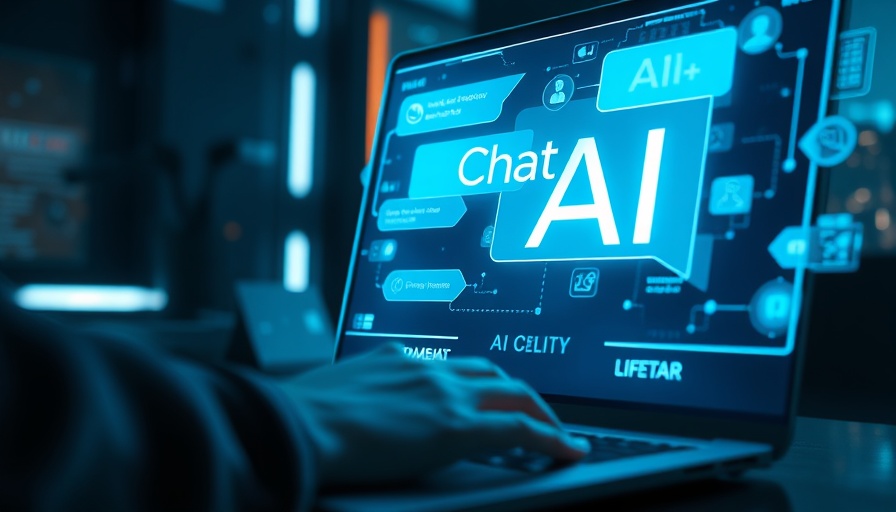
The AI Revolution: Transforming Education and Employment in America
Artificial intelligence (AI) is no longer a far-fetched concept; it is an integral part of daily life for many Americans. This rapid evolution poses pressing questions: How should education systems respond, and how can students prepare for a workforce increasingly influenced by AI?
Preparing Students for an AI-Enhanced Future
Experts agree that to thrive in an AI-altered job market, students must cultivate human qualities that machines cannot replicate. Disciplines emphasizing critical thinking, creativity, and social intelligence will gain importance over time. While certain traditional majors may lose their relevance, careers in mental health, healthcare, and roles demanding high-level decision-making will remain secure and in demand.
AI: A Double-Edged Sword for Employment
As corporate advisor Jack Myers notes, AI is both a job killer and a job creator. While numerous positions will vanish—such as those in basic coding, routine customer service, and translation—there will be an equal or greater number of new opportunities born from the AI revolution. Myers emphasizes, "The amount of work that’s being created and the opportunities to both create and contribute are going to be expanded exponentially."
The Future of Work in Partnership with AI
According to Joey Kim, chair and professor of the Department of Engineering and Computer Science at Master’s University, AI serves as a tool that modifies existing careers rather than completely obsoleting them. While traditional roles may evolve, entirely new job categories will also emerge. Michael Pavlin, an associate professor at Wilfrid Laurier University, reinforces this notion: “It’s hard to imagine a white collar job where you’re not going to be interacting with AI at some level.”
Historical Context: Learning from the Computer Revolution
The current integration of AI into workplaces mirrors the impact that the personal computer had on job markets in the 1980s. Reva Freedman, an associate professor in computer science, provides a historical lens, highlighting that many secretarial and clerical roles diminished with the introduction of PCs. These changes thrusted employees into a new era of productivity, showcasing that while some jobs become obsolete, technology often generates new avenues and efficiencies.
Unlocking Opportunities: Emotional Intelligence and Adaptability
To navigate the evolving job landscape shaped by AI, individuals must hone skills rooted in emotional intelligence and adaptability. Careers that involve a high degree of human interaction, such as those in education, therapy, and management, will likely see continued demand, as these roles require empathy, understanding, and interpersonal skills that machines cannot replicate.
Taking Action: Embrace the AI Future
It's crucial for educators, students, and job seekers to embrace the AI revolution by cultivating skills that enhance their career prospects. By focusing on creativity, empathy, and interpersonal skills, individuals can position themselves as valuable contributors to a tech-enhanced workforce.
With AI inevitably reshaping education and employment, it offers a unique opportunity for positive change. Those willing to adapt will not only survive the changes, but thrive. Explore how you can navigate this changing landscape effectively—and for a deeper dive into AI tools that can help you succeed, click here.
 Add Row
Add Row  Add
Add 




 Add Row
Add Row  Add
Add 

Write A Comment